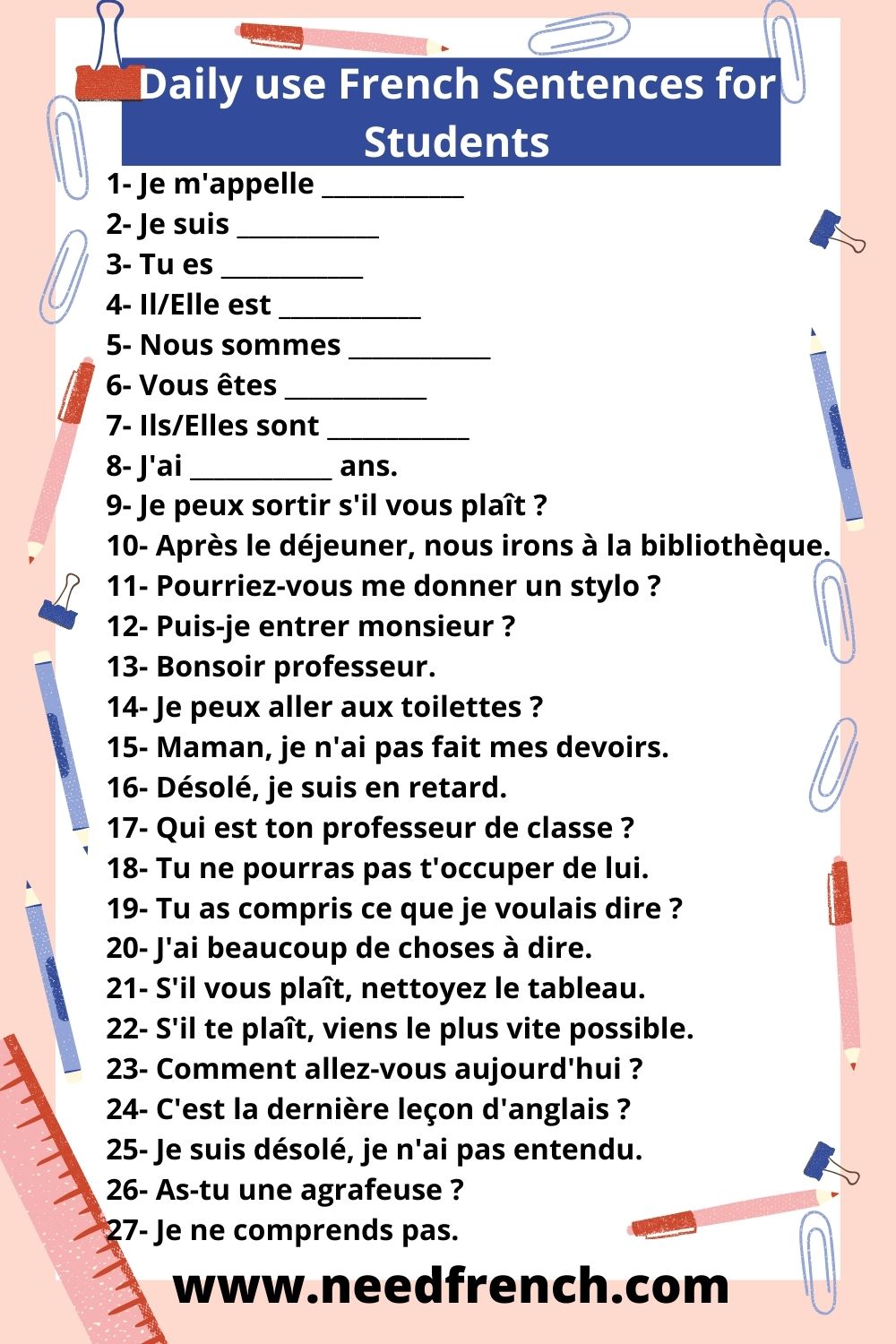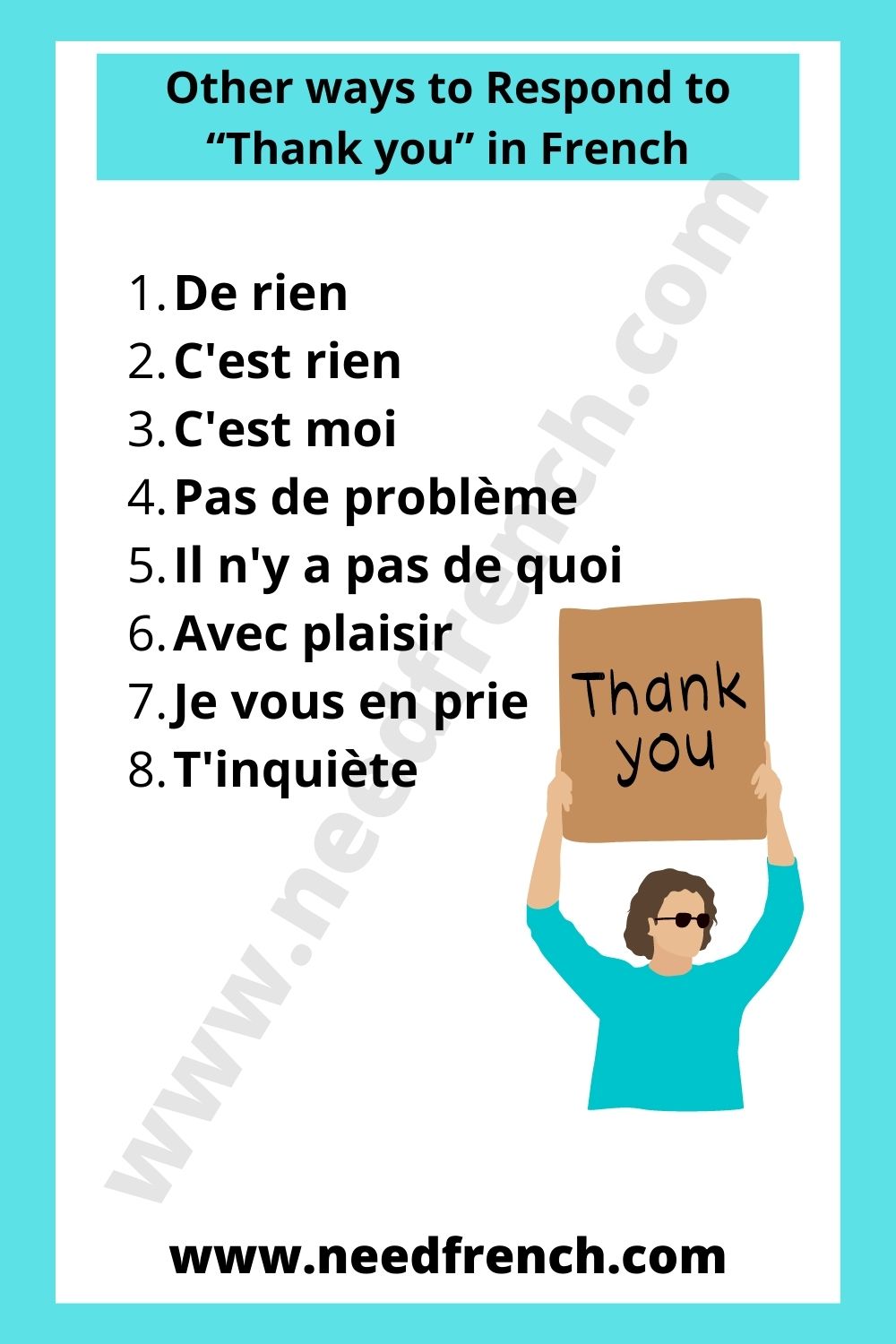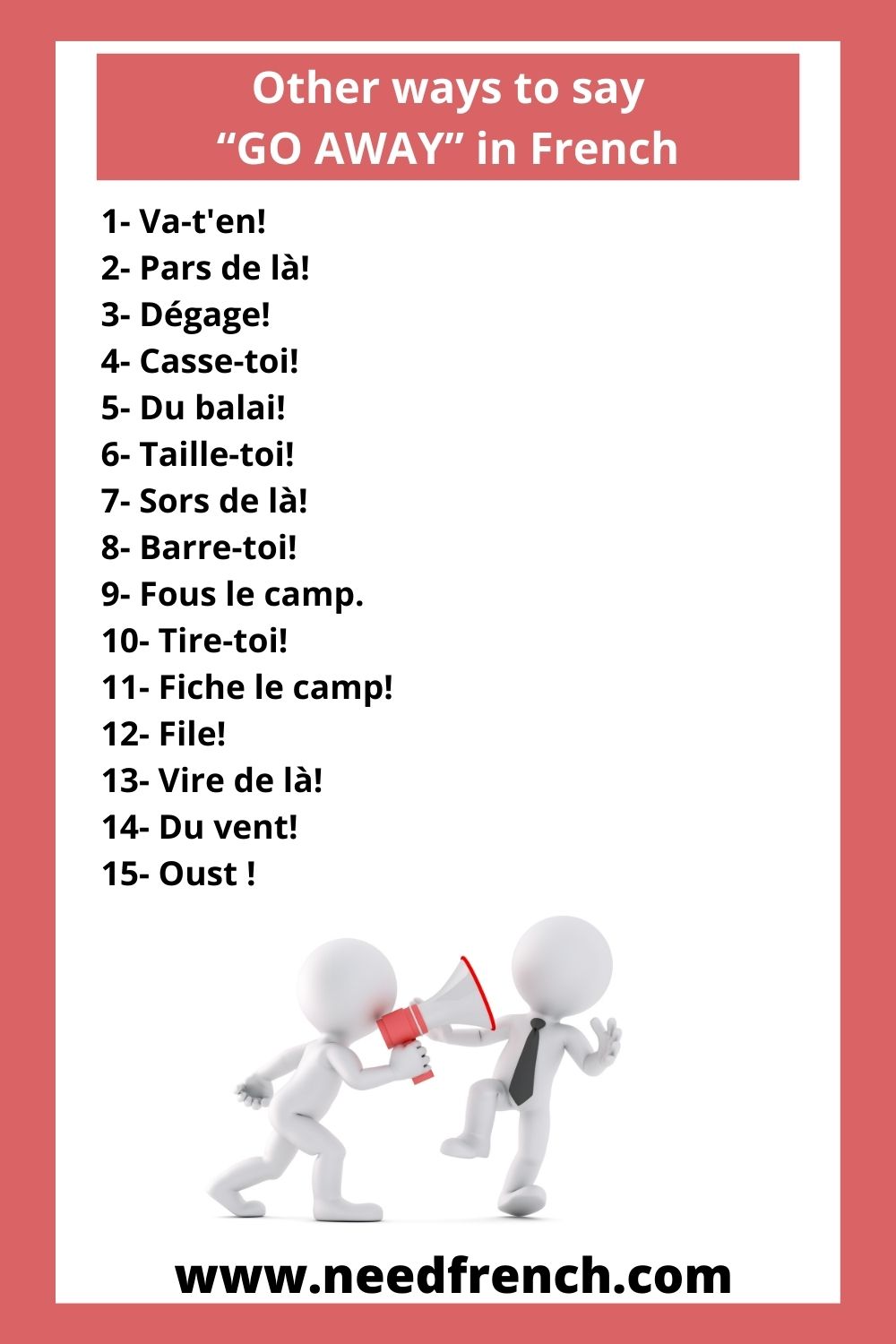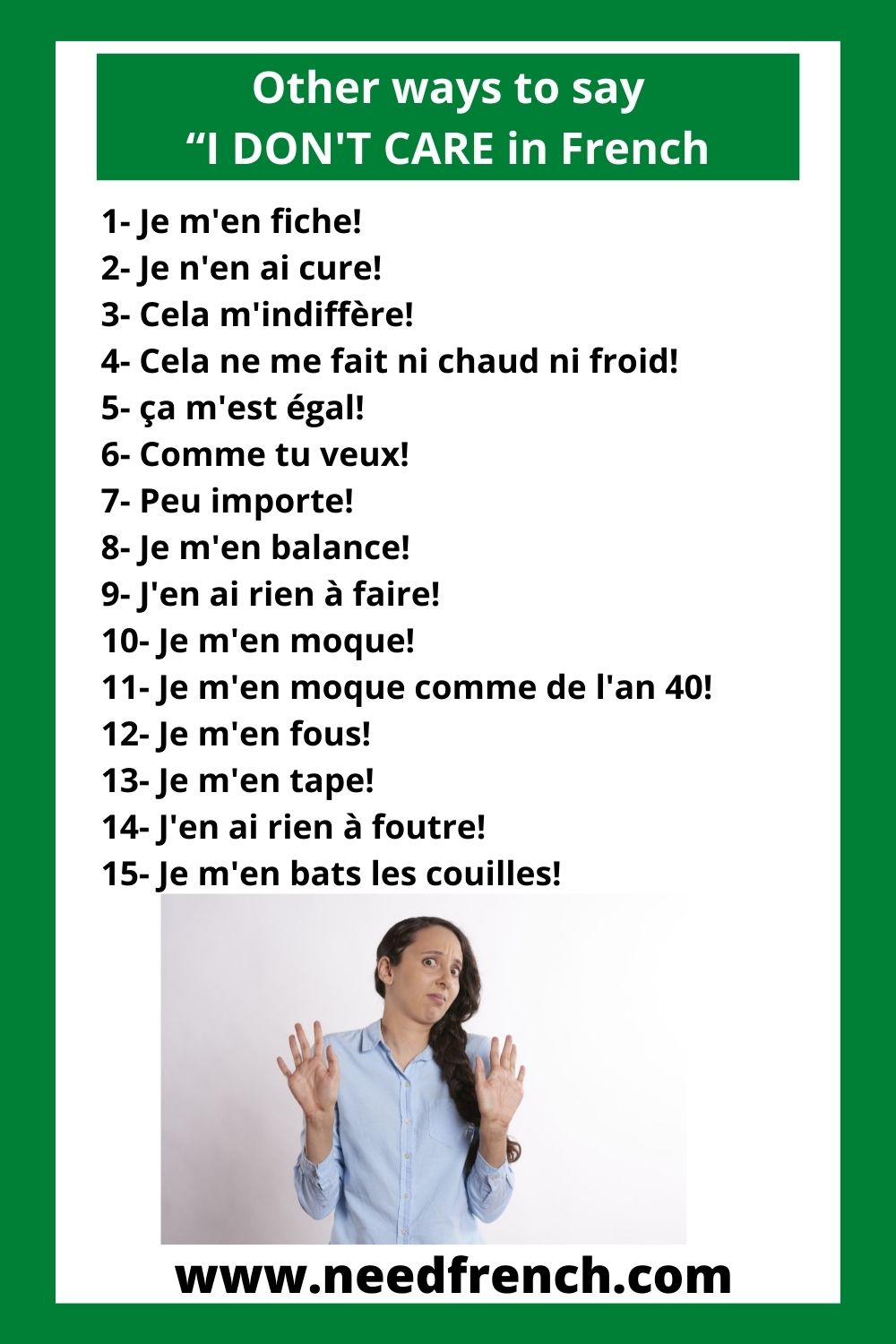Learning to admit when you don’t know something is an important skill in any language. In French, there are many ways to express uncertainty or lack of knowledge beyond the basic “Je ne sais pas.” Whether you’re in a casual conversation with friends or a more formal setting, these expressions will help you navigate those moments when you’re not sure of the answer. Let’s explore 13 ways to say “I don’t know” in French, ranging from formal to informal expressions.

Table of Contents
ToggleThe Classic: “Je ne sais pas”
Let’s start with the most common and straightforward expression:
- Je ne sais pas – This is the standard way to say “I don’t know.” Formality: Neutral – Suitable for all situations. Note: In casual speech, it’s often shortened to “J’sais pas.”
12 More Ways to Express Uncertainty
Now, let’s dive into other colorful expressions to convey the same meaning:
- Je n’en ai aucune idée – “I have no idea.” Formality: Neutral – Widely used in various contexts.
- Alors là, vous me posez une colle – “You’ve got me stumped there.” Formality: Neutral to Informal – Implies the question is particularly difficult. Literally: “There, you’re giving me a tough test.”
- Je n’en ai pas la moindre idée – “I don’t have the slightest idea.” Formality: Neutral to Formal – Emphasizes complete lack of knowledge.
- Je donne ma langue au chat – “I give up.” Formality: Informal – Playful way to admit defeat in guessing. Literally: “I give my tongue to the cat.”
- Je ne pourrais pas vous aider – “I couldn’t help you.” Formality: Neutral to Formal – Polite way to express inability to assist.
- Bonne question ! – “Good question!” Formality: Neutral – Diplomatic way to avoid admitting ignorance directly.
- Va savoir ! – “Who knows!” Formality: Informal – Expresses uncertainty with a touch of resignation. Literally: “Go know!”
- Si seulement je savais… – “If only I knew…” Formality: Neutral – Expresses wish for knowledge one doesn’t have.
- Je n’en sais rien ! – “I know nothing about it!” Formality: Neutral to Informal – Stronger than “Je ne sais pas.”
- Je ne vois pas – “I don’t see.” Formality: Neutral – Can mean “I don’t know” or “I don’t understand.”
- Aucune idée ! – “No idea!” Formality: Informal – Short and snappy version of “Je n’en ai aucune idée.”
- C’est exactement ce que je cherche à savoir ! – “That’s exactly what I’m trying to figure out!” Formality: Neutral – Implies you’re also seeking the answer.
How to Use These Expressions
- In formal or professional settings, stick to neutral expressions like “Je ne sais pas” or “Je n’en ai pas la moindre idée.”
- For everyday conversations, “J’sais pas” or “Aucune idée !” are common choices.
- Use more colorful expressions like “Je donne ma langue au chat” with friends for a touch of humor.
- When you want to be diplomatic, try “Bonne question !” or “C’est exactement ce que je cherche à savoir !”
Practice Activity
Try using these expressions in different scenarios:
- Your French teacher asks you a difficult grammar question. (Academic setting)
- A tourist asks you for directions to a place you’ve never heard of. (Casual street interaction)
- Your French host family asks about a specific tradition in your country. (Semi-formal setting)
Which expression would you use in each situation? Practice saying them out loud to improve your pronunciation!
Cultural Note
In French culture, admitting that you don’t know something is generally seen as better than pretending to know or giving incorrect information. However, the way you express it can impact how your admission is perceived. Using an appropriate level of formality and sometimes offering to find out the information can be appreciated.
Conclusion
Learning these expressions will not only enrich your French vocabulary but also help you navigate social situations more gracefully. Remember, it’s okay not to know everything – what matters is how you handle those moments!
What’s your go-to way of saying “I don’t know” in your native language? How does it compare to these French expressions? Share your thoughts in the comments below!
Want to expand your French knowledge further? Check out our other articles:
- 18 Ways to say “YES” in French
- 8 Ways to Respond to “How are you?” in French
- 8 Ways to Respond to “Thank you” in French
Bonne chance avec votre apprentissage du français ! (Good luck with your French learning!)













